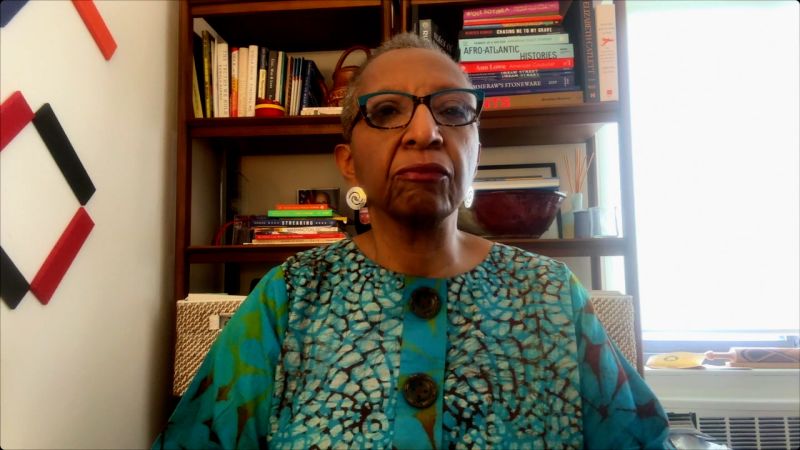
A federal appeals court on Friday let President Donald Trump remove for now the chair of a critical “merit board” that reviews federal firings, and a member of the National Labor Relations Board, handing the president a major win in his efforts to control independent federal agencies and potentially hobbling both agencies by depriving them of a quorum. The emergency order issued by the DC US Circuit Court of Appeals removes Merit Systems Protection Board (MSPB) chairwoman Cathy Harris and NLRB member Gwynne Wilcox from their posts while their legal cases move forward. They previously argued that Trump can’t summarily fire them because federal statutes specify that he can only dismiss them for cause.
This is a significant win for Trump, who has now succeeded at firing a number of independent watchdogs within the executive branch. The latest ruling isn’t the final word in the matter, but the outcome bodes well for Trump and shows that the judges are receptive to his arguments. These two officials – who were appointed by President Joe Biden – both prevailed at a lower court before today’s appeal court decision.

This ruling could make it harder for federal workers to swiftly push back against the Trump administration’s massive cuts to government jobs, which some judges have concluded were unlawful. Without a quorum, the MSPB and NLRB will be limited in their ability to function. The ruling was 2-1, with two GOP-appointed judges siding against a Democratic appointee.
“The Supreme Court has said that Congress cannot restrict the President’s removal authority over agencies that ‘wield substantial executive power,” wrote Judge Justin Walker, a Trump appointee. The appeals court isn’t scheduled to hold oral arguments on the merits of the case until mid-May. But the MSPB and NLRB officials can appeal the latest decision regarding the stay to the Supreme Court, and try to get their jobs back quickly, while the underlying legal questions are resolved.
The MSPB is a critical bulwark against unjustified and politicized firings of civil servants. It has already temporarily overturned some of the Trump administration’s earliest attempt to massively reduce the size of the federal workforce by firing newer “probationary” employees. The three-judge panel that handled the case was Walker, Karen Henderson, a George H.
W. Bush appointee, and Patricia Millett, an Obama appointee, who dissented. “The whole purpose of a stay is to avoid instability and turmoil.
But the court’s decision today creates them,” Millet wrote in her dissent, referring to the decision to “stay,” or pause, the lower-court rulings that kept Wilcox and Harris at their posts and maintained the status quo while their lawsuits played out. This is the same three-judge panel that let Trump fire the head of the Office of Special Counsel, who mounted a similar appeal, though there are some key legal differences between that agency and the MSPB. Lawyers for Harris and Wilcox have accused the Trump administration of promoting an extreme interpretation of the law that would ignore generations of Supreme Court rulings.
At oral arguments before the appeals court on March 18, Harris’ attorney Aaron Zelinsky said, “the government is asking you to throw out centuries of precedent.” Wilcox’s attorney Deepak Gupta claimed Trump “has no legitimate interest in disabling this body created by Congress.” The Justice Department argued that the lower-court judge usurped presidential powers by limiting his ability to fire top officials from executive branch agencies.
They also said Congress went too far when it passed a law saying presidents could only fire these officials for cause. “They are agency heads that answer to no one but the president,” Justice Department lawyer Eric McArthur said at oral arguments, referring to senior officials at independent agencies..















